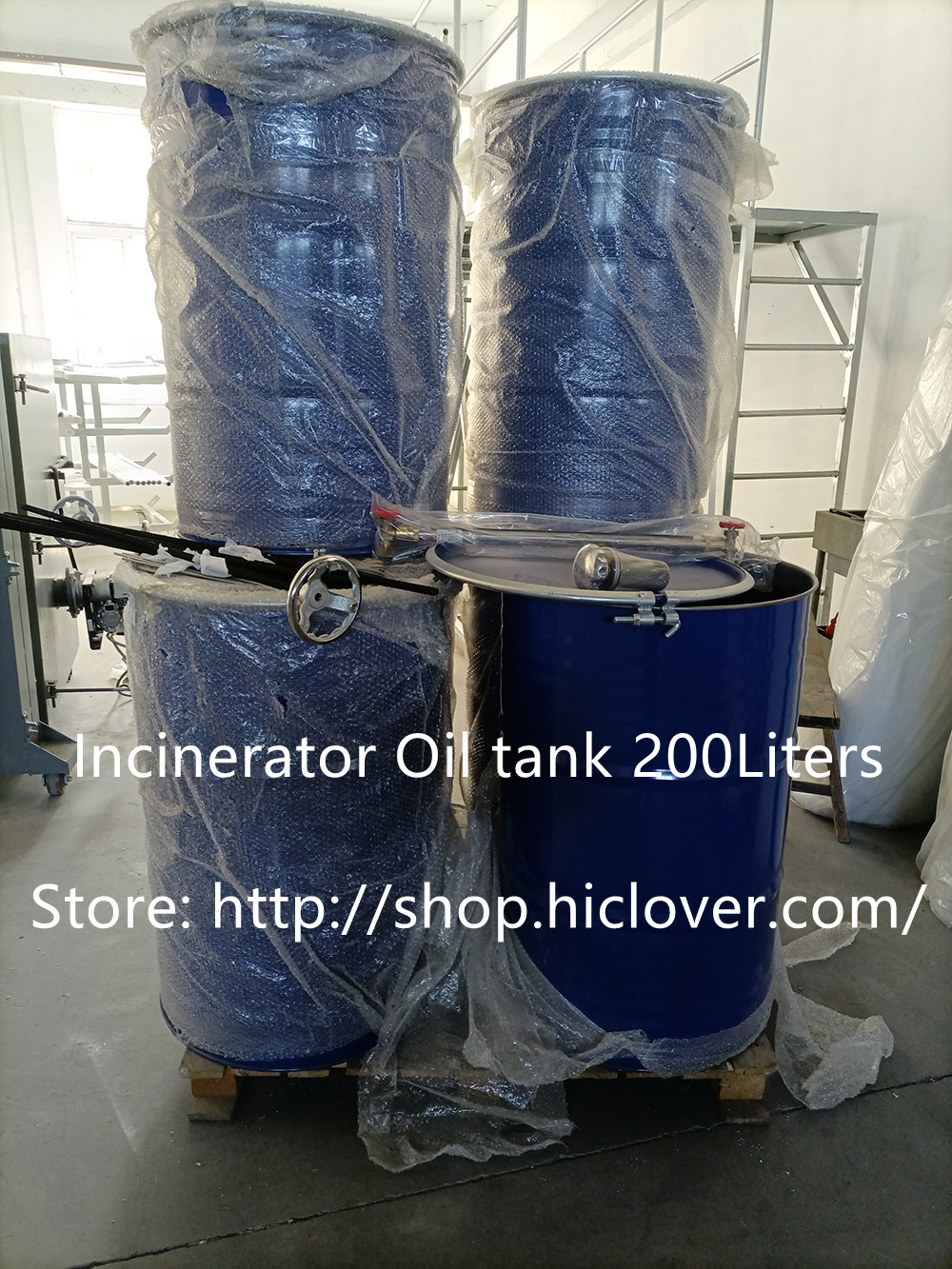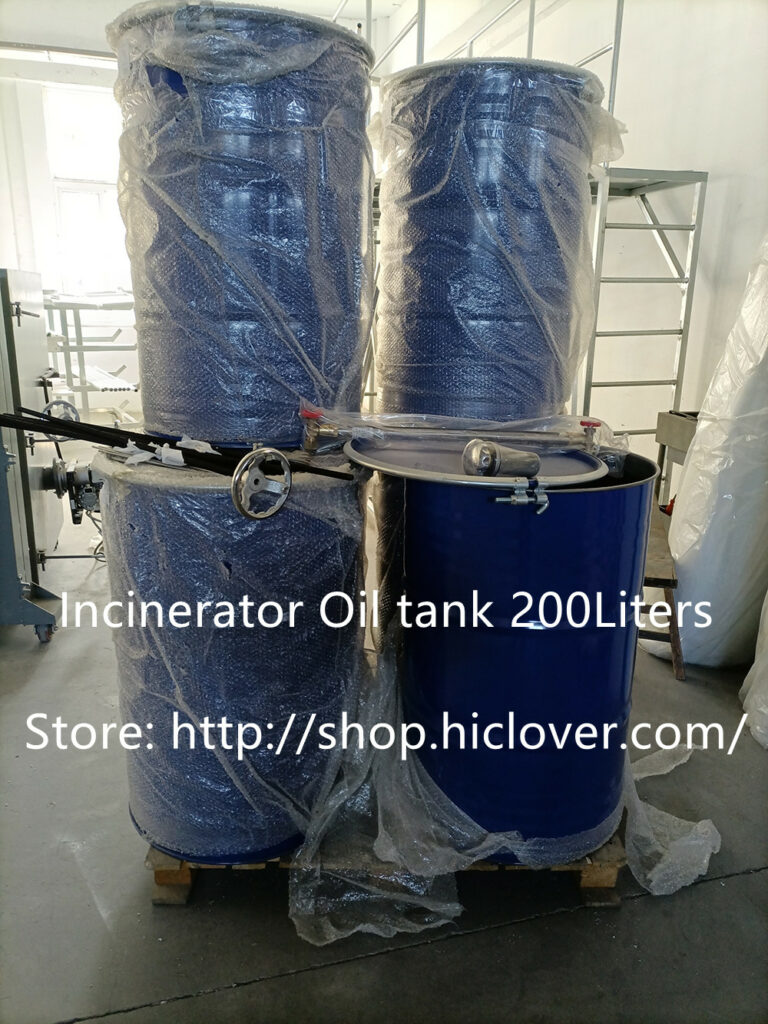Kenya is taking a step towards better waste management with the introduction of a new incinerator facility in the country. The facility, which is set to be the largest of its kind in Africa, is a major step towards managing the country’s growing waste problem.
The new incinerator, which is being constructed in Nairobi, will have the capacity to process up to 1,500 metric tons of waste per day. This is a significant development in Kenya’s efforts to tackle its mounting waste crisis.
The country has been struggling to effectively manage its waste, with landfills reaching capacity and waste management infrastructure being inadequate. The new incinerator facility will provide a more sustainable solution for managing the country’s waste.
Incineration is an effective way to reduce the volume of waste and minimize the impact on landfills. The facility will be equipped with state-of-the-art technology to ensure that the process is carried out in an environmentally responsible manner.
The incinerator will also generate electricity from the waste it processes, providing a dual benefit of waste management and electricity generation. This will contribute to the country’s efforts to increase its renewable energy sources and reduce its reliance on fossil fuels.
Furthermore, the incinerator will help in reducing the environmental and health hazards associated with open dumping of waste. It will also support the country’s efforts to curb air and water pollution caused by improper waste disposal.
In addition to the environmental benefits, the facility will also create job opportunities for the local community, providing employment and skills training for the operation and maintenance of the facility.
The introduction of the new incinerator facility is a significant milestone in Kenya’s efforts to manage its waste more effectively. It represents a step towards a more sustainable and environmentally responsible approach to waste management, and could serve as a model for other countries in the region facing similar challenges.
However, it is important to ensure that the facility operates in compliance with environmental and safety regulations, and that measures are put in place to address any potential negative impacts on public health and the environment.
Overall, the new incinerator facility is a positive development for Kenya’s waste management efforts, and has the potential to make a significant impact in addressing the country’s waste challenges. It is a step towards a more sustainable and environmentally responsible approach to waste management, and a positive sign of progress in the country’s efforts to build a cleaner and healthier environment for its citizens.



